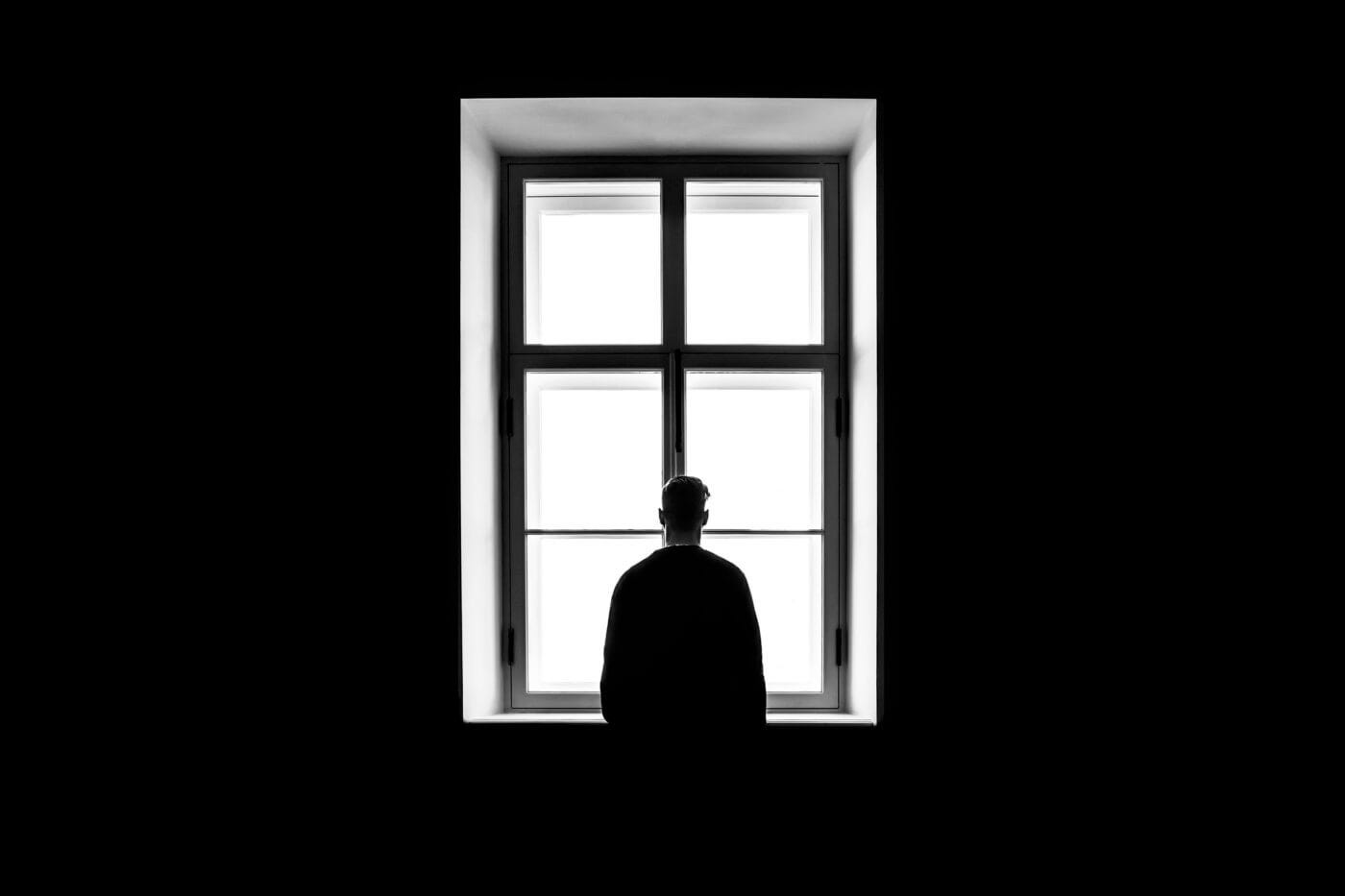My dear grandchild,
When you’re awake at 3 a.m., which I pretty much am every night these days, you have plenty of time for regrets. Regret comes in different forms. Sometimes, it’s a matter of outcomes that went differently than you might have hoped (a job you didn’t get, for example, for reasons that are unclear). Sometimes it’s a matter of opportunities you didn’t take—trips you could have, but didn’t, make; relationships you failed to initiate or maintain. And sometimes, it’s a matter of mistakes that haunt you in the night: things you should not have said (or things you wish you had); funerals you wish you had attended; actions that you thought you needed to take but which now seem merely—and obviously—selfish.
Those regrets are the worst. They can come upon you at any time—in the middle of the night, yes, but I can sometimes feel myself involuntarily wince while sitting in church or standing in the shower. Much of what makes them awful is how irrevocable they are; you can’t go back in time and correct them. People sometimes say there’s no point in regrets, which isn’t entirely true. Sometimes such failures enhance your resolve not to repeat them, and every once in a while that’s been the case. There are funerals I did attend because of ones I was sorry I had missed. I have been able to anticipate how I’ll feel if I do this or don’t do that, and this hard-won insight has spared me some grief. Insofar as I’ve gotten such things right, it’s one of the few benefits of experience, which is to say aging. Though we learn at different rates; I’m sometimes bemused by how long I’ve been clueless.
The hardest layer of regret—the bedrock layer, you might say—is rooted in your character. The job you believe with growing certainty that you didn’t get because of a deficit of ability, or a desirable but unattainable trait. Trips you’ll never make because you lack the will to stretch yourself to make them happen. Selfish acts you know you will repeat because you cling too tightly to a fear or an indulgence that you won’t let go. In a way, it’s a mistake to call such things regrets, because a regret can be defined as something that might have gone differently, and what we’re talking about here is a kind of destiny. But it feels like a loss because you know there are easily imaginable alternative outcomes (often embodied by those you know or observe) tantalizingly in reach.
I don’t know when you will experience your first regret, Leila—I reckon it’s about a decade away. Maybe a team you don’t make, a friend you lose, a grade that rankles. I of course can’t spare you such experiences, which will only repeat and intensify over time. As they must for you to become a fully formed person. In a way, it makes more sense to talk about this now than when you’re in the middle of such an experience, because efforts to console can seem cold comfort at best when you’re most sore. This is something I’ve acquired the hard way and which often comes in handy: a learned instinct to shut up.
But there’s one other thing I’ll mention about this core aspect of human experience, which I hope will be of some use to you. Regret over what might have been can have the effect of leading you to appreciate what is. Mistakes you didn’t make. Attainments that are finite but cherished for precisely that reason, whether because they were made in the face of limits or reflect the capacities you do have. The simple fact that you’re still here in the morning.
And sometimes, that’s enough to put me sleep at 4 a.m. (or so). Good day, sweetheart.



